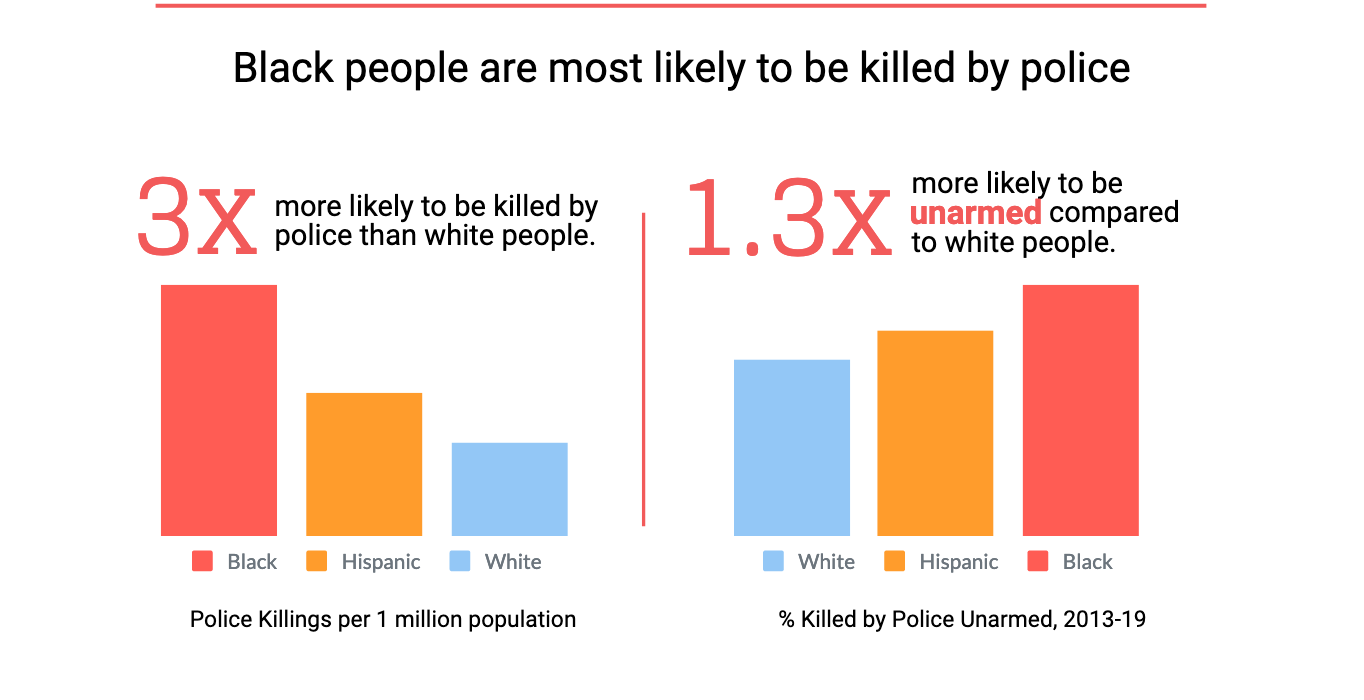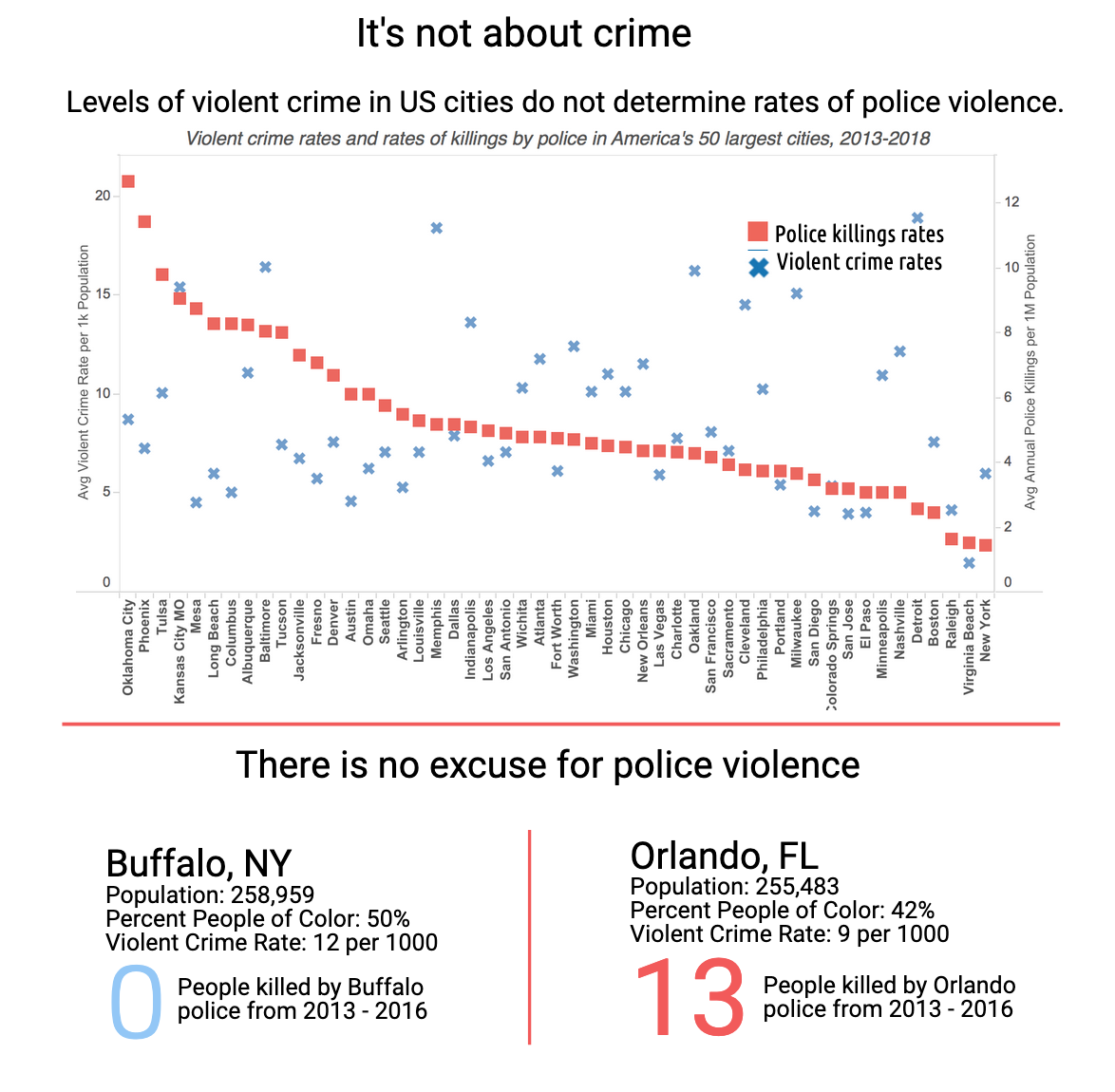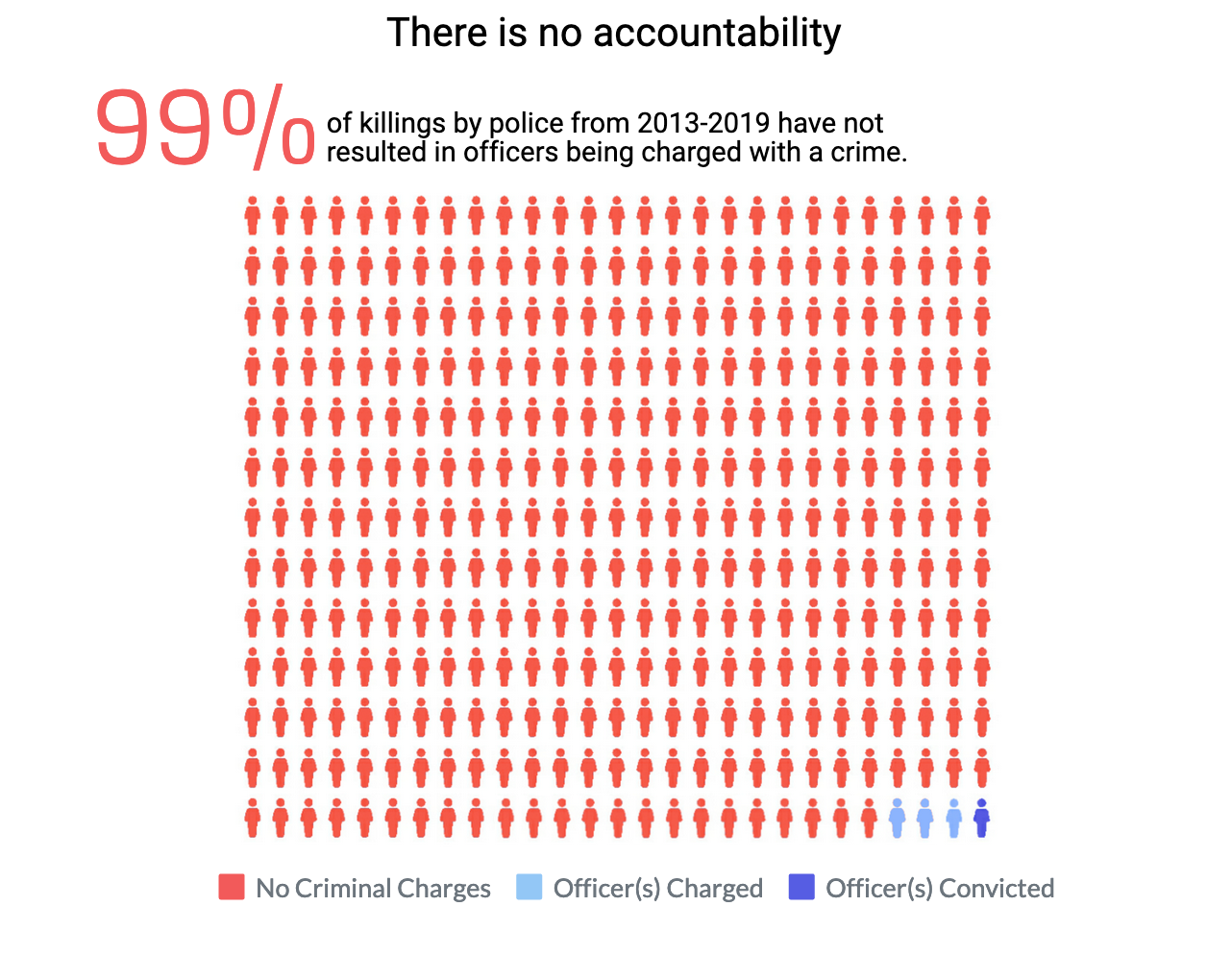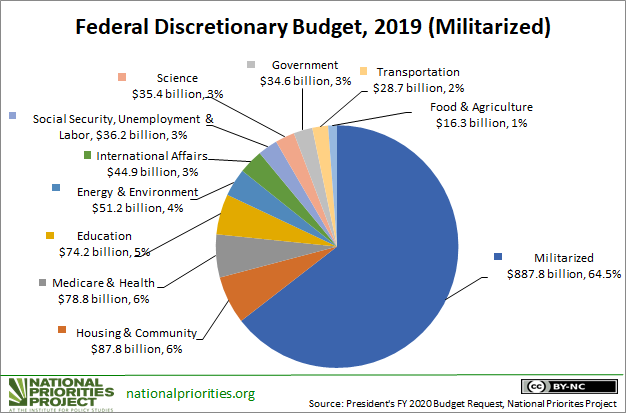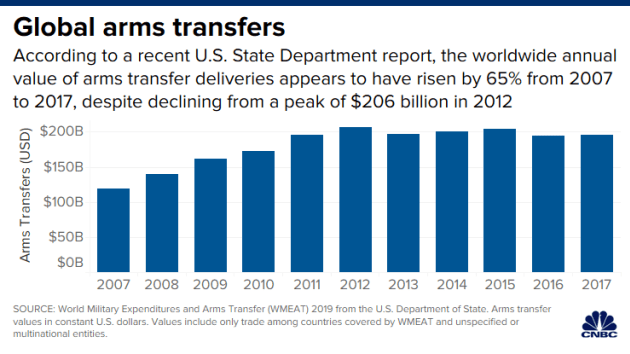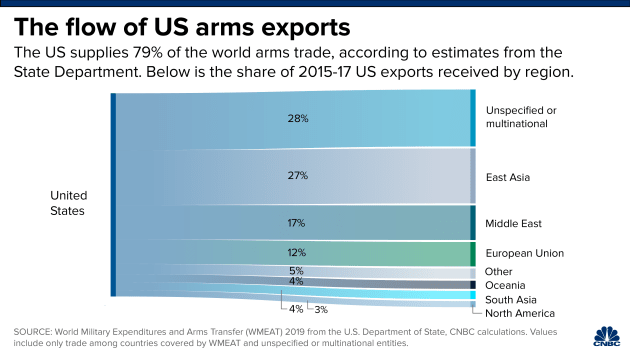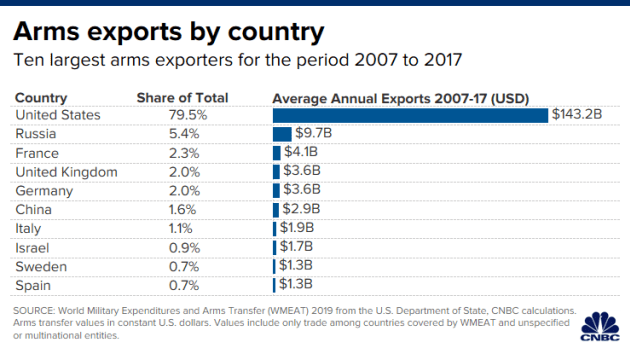A Christian Perspective: Defunding American Totalism
“Before you speak of peace, you must first have It in your heart. We have been called to heal wounds, to unite what has fallen apart, and to bring home any who have lost their way.”
- Saint Francis of Assisi
The United States is a violent totalism.
The First Task
Old Testament scholar, Walter Brueggemann, has often said, ”The first task prophetic task is to be clear on the force and illegitimacy of the totalism.”
“Totalism” is Brueggemann’s term for the normalization of a military-industrial-complex, both in the ancient world of the Biblical texts and our market-driven war economy today. Jesus falls squarely into the prophetic tradition that challenges the totalism of Empire. The only reasonable response for Christians today is to dismantle U.S. totalism, which at very least, would defund the police, abolish prisons, and defund the military.
In the wake of the police murders of George Floyd, Breonna Taylor, and Rayshard Brooks and rampant police brutality across the nation, there have been repeated calls, not only from activists but politicians and local officials to defund the police. There are several debates on how to go about this and to completely re-imagine policing, but before we think about solutions, we have to acknowledge the normalization of this particular totalism within our society as part of a larger industry of violence. Small examples of the overwhelming policing totalism are Los Angeles’ $3.1 billion annual police spending (17.6% total city budget) and NYPD’s staggering $6 billion budget (6% total city budget). While these statistics can be disturbing, they do not exist as anomalies but as emblematic of a violent nation and hundreds of years of its evolving totalism.
Our nation was crafted from a violent system of slavery and genocide of Native Americans, and after slavery’s abolishment in 1865, our nation created new systems of violence, beginning with the 13th amendment, to perpetuate this initial totalism. From one totalism, new avenues of violence emerged, including lynching, Jim Crow, the police, mass incarnation, and the war economy. If we’re going to work towards peace, we have to first be honest that the recent horrors of police violence are part of the totalism of American violence. Let’s look briefly at the violence of American totalism in policing, mass incarceration, and the war economy.
Policing
There are plenty of problematic aspects of policing, from its complicated emergence from slave patrols and racialized infrastructure to its truly jaw-dropping militarization over the past 30 years. The police that we see today with armored vehicles, shooting tear gas and rubber bullets into crowds is a relatively new phenomenon that can partially trace its roots to the Section 1033 program of the 1990s. Section 1033 gave the Department of Defense the ability to send military equipment to police departments across the country, which is how small towns like Watertown, Connecticut, (population 22,514) acquired a $700,000 mine-resistant, ambush-protected vehicle, designed to protect against roadside bombs, for the discount price of $2,800.
It will come as no surprise that a heavily armed policing system produces higher levels of violence when compared to other developed nations. Prison Policy Initiative data from 2017 shows that U.S. police killed 1099 people, compared to Canada’s 36 and England and Wales’ 3. In December of 2019, the U.S. police killed 110 people in just one month. By contrast, England and Wales’ had only 55 fatal police shootings from 1990-2014. Use of force policies, like allowing “chokeholds” in Minneapolis and “no-knock warrants" *(still legal in 13 states) encourage senseless violence by our police. The U.S. police system is armed by our military and it is incredibly violent.
Racism runs through all of American totalism, and this includes our entire policing system, not just isolated incidents like the murders of George Floyd, Breonna Taylor, and others. Within the comparatively extreme violence of American police that kills an average of 1,000 civilians each year, black men are 2.5 times more likely than white men to be killed by police. In 2019, The Washington Post found that black Americans account for 13% of the population but 25% of police shooting victims. Perpetuating this violence is the near-complete police immunity in which 99% of officers involved in fatal shootings do not receive charges.
Studies show that police disproportionately stop black drivers and disproportionately search after stopping them, despite studies showing police consistently find less contraband. A 2020 Stanford study demonstrated that of 100 million traffic stops by police departments nationwide, black drivers were much more likely to be pulled over than white drivers based on less evidence of wrongdoing. In 2016, 90% of people that were “stopped and frisked” by NYPD were people of color, and at the height of New York’s “Stop and Frisk” policy in 2011, the police stopped 685,000 citizens. More than 3 in 4 were completely innocent. The racism within the system is undeniable and intentional, and the only way to address it is to come to terms that it is currently serving its intended function, which is domestic subjugation and oppression of minority groups.
Prisons
The totalism of American violence is normalized in our modern prison system. The US has roughly 4% of the world’s population but 20% of the world’s prison population. Since 1972, the U.S. prison population went from 192,000 to 2.3 million people. Not surprisingly, those incarcerated are disproportionally black and brown. Black Americans constitute about 40% of the entire prison population, again, despite only being 13% of the nation’s population. In Louisiana, 1 in 7 minority adults are in prison, serving probation, or on parole. The violence of the prison system also disproportionally impacts the LGBTQ+ community. Nearly 16% of trans people have been incarcerated compared to 2.7 percent of U.S. adults and 13-15% of young people in detention identify as LGBTQ+. These statistics speak nothing of the brutality of conditions, violence, and for-profit structure within many American prisons. A federal investigation in 2019 in Alabama’s prisons discovered “severe, systemic, and exacerbated” violations of prisoners’ 8th Amendment rights. According to the Prison Policy Initiative, “The U.S. has been engaged in a globally unprecedented experiment to make every part of its criminal justice system more expansive and more punitive.” For the past 40 years, mass incarceration has been the U.S. response to crime, which is another aspect of the violence of its totalism.
The War Economy — Military Spending and Arms Dealing
The magnitude of American violence can be seen in its war economy. The U.S. military spends more than the next 10 highest defense-spending nations combined, and it would *only* require an additional $400 billion annually to outspend all 148 nations combined. The budget was a staggering $730 billion in 2019, which accounted for more than 53% of all U.S. discretionary spending. Additional aspects of the militarized budget in 2019, including U.S. Customs and Border Protection and U.S. Immigration and Customs Enforcement, added $24 billion in spending, which more than the budgets for Head Start, FEMA, or the Environmental Protection Agency. When added together, 64% of the U.S. annual discretionary budget is spent on the military, incarceration, immigration, and policing. The next time someone argues with you about the expense of universal healthcare, early childhood education, ending child poverty or homelessness, remind them that the United States, as of 2019, has spent $6.4 trillion on the War on Terror, taking the lives of 801,000 people, including 335,745 innocent civilians according to a study from Brown University. Civilians casualties numbers in wars are often not considered in the conversation on war and violence, but according to the New York Times, civilian deaths in recent wars were a substantial figure in the number of total casualties: 1 million in North Korea, hundreds of thousands in South Korea, and between 200,000 to 400,000 people in Vietnam. “In the wars of the 1990s, civilian deaths constituted between 75%-90% of all war deaths.”
The United States doesn’t just spend an ungodly amount of money on violence and war, its totalism is completely dependent on profiting from a war economy. According to the U.S. State Department in 2020, the global arms trade is a $200 billion business and the U.S. controls almost 80% of it. The U.S. exported four times more weapons around the world than the next nine countries combined. Defense contracting is also an important component of American totalism. In 2017, weapons sales from the top 100 defense companies totaled $398.2 billion. The top companies are American: Lockheed Martin, Boeing, Raytheon. Killing people is profitable and the U.S. is king.
After the atomic bomb was dropped on Hiroshima, President Harry Truman wrote, “We thank God that it [the bomb] has come to us…and we pray that He may guide us to use it in His ways and for His purposes.”
This is by no means an exhaustive list of American violence, which has perpetrated unknown horrors throughout the world (to say nothing of gun violence and the death penalty), but it is simply a window to understand the concept of its particular totalism as a violent Empire, one that Jesus would be utterly opposed to. When thinking about violence of our nation from a Christian perspective, we must first be honest that it is a complete severance from the life of the poor, peacemaking, Jewish rabbi, Jesus of Nazareth. Franciscan Priest Richard Rohr says, “We can argue doctrinally about many aspects of Jesus’ life and teaching, but we cannot say he was not a poor man, or that he did not favor the perspective from the bottom as a privileged viewpoint. All other arguments about Jesus must deal with this overwhelming truth.”
Question: “What does an ethic of Jesus have to say about the violence of American totalism in 2020?”
The Second Task
“The second task of prophetic imagination is that we have to pronounce the truth about the force of the totalism that contradicts the purpose of God.” -Walter Brueggemann
It’s important to remember that this violence is systemic and the purpose of pronouncing the truth about totalism from a Christian perspective is not an effort to cast blame but to recognize its power and our cooperation in its domination. Catholic writer, Henri Nouwen, wrote, “The wounds and need that lie behind the wars we condemn are the wounds and needs we share with the whole human race.” Now that we’ve addressed the U.S. as a totalism, it’s incumbent on Christians to develop and practice an ethic of peace and nonviolence amid this totalism. We are fortunate that this is not a new endeavor in the Christian imagination as Christians for centuries have found the social Christ as a distinct challenge to totalism in their work toward peace and human flourishing.
“Now is the time! Here comes God’s kingdom! Change your hearts and lives, and trust this good news!”
-Jesus, Mark 1:15
My ethics professor, the late Glen Stassen, who wrote extensively on the ethics of Jesus from the Sermon on the Mount, said, “When we look for God’s will revealed in Jesus, we find a specific social vision embedded in concrete practices: delivering the poor from poverty, opposing those who oppress the weak, ending violence, and welcoming outcasts into community.” Stassen was also a staunch anti-war advocate and worked tirelessly for nuclear disarmament through his methodology of Just Peacemaking. In a statement to the rising tide of violence in 2004, 200 Christian theologians and ethicists, including Stassen, Brueggemann, and Miroslav Volf, claimed: Christ commits Christians to a strong presumption against war. While I agree with the thesis of their statement, I don't think "presumption" is effective enough language. It’s safe to say that Jesus, who succumbed non-violently to his arrest and death at the order of Empire, would not co-sign our war declarations so while it’s an important statement for all Christians to consider, it’s from starting point we could develop a more clear declaration. My edit would be, "Christ commits Christians to a strong resistance to all forms of violence.” Brueggemann's prophetic task calls for truth against totalism but also practices for the purposes of God. The obvious next question is “What are the purposes of God found in Jesus?” As we understand the life of Jesus, his primary concerns in short were: restoring the status and lives of the oppressed and outcast and creating conditions for all humans to flourish and discover life. Even shorter: repent from sin (death) and trust in the good news (life). Paul reminds us that Jesus "is the image of the invisible God" and our wisdom tradition teaches us that Jesus' purposes are God's purposes. We can conclude that Christian life in any era should commit itself against the violence that robs human flourishing and commits to acts of resistance and peace work that create opportunities for life - human and ecological. The purposes of God are a celebration of all life.
Resistance
In Stassen’s book, A Thicker Jesus, he writes, “Compassion and confrontation are not opposites but what is needed for healing.” Defunding American totalism aligns with the ethic of Jesus of Nazareth because it is a path of compassionate and humble confrontation. There is clear 'no' and a humble 'yes'. Jesus was a socially engaged "against" for the forces of death and fiercely compassionate "for" the flourishing of life. An ethic of peacemaking must be both. Jesus' life and call to disciples charts a novel path for human flourishing by challenging totalism through nonviolent actions from a deep well of spiritual peace, humility, and compassion. When thinking about resistance, Nouwen writes, “Resistance requires the humble confession that we are partners in the evil that we seek to resist.” Jesus’ life as we know it in the Gospels is full of practices of peace, love, healing, and liberation. When Jesus announces his ministry in Luke, it’s about freedom for the oppressed. In Matthew, Jesus flips the societal honor system by announcing it to the meek, the persecuted, the pure, the depressed, the mourning. Jesus welcomed the outsider and ate with the despised. "Blessed are the peacemakers and blessed are poor," he proclaimed. These statements from Jesus were not merely affirmations, but incarnational declarations from God for people and the systems and structures of shame. Theologian Gustavo Guiterrez wrote, “Standing in solidarity with the poor began to mean taking a stand against inhumane poverty." Days before his violent execution at the hands of totalism, Jesus rode into Jerusalem on a donkey as a nonviolent political protest to the brutality of Rome, humbly announcing himself as the Messiah of Peace. Of course, no one has to ascribe to Christian faith to practice an ethic of nonviolent resistance, but it’s a critical component of the humble peacemaking way of Christ in the world.
Work Of The People
Liturgy, as it is known in churches, simply means, "work of the people." Whenever we contemplate the ethics of this way of living, we must recognize that we are joining the communion of saints, and we are not alone. The liturgy of the Church of this kind of peacemaking must be a liturgy in the street. While Christian communities recognize God in the person of Jesus of Nazareth, the peacemaking Church sees Christ in the world universally. "Everything is Christ-soaked" as Richard Rohr has often said. The community of Christ, therefore, does not hate an enemy, because 'the other' is Christ and the very site of our salvation. To know God is to do justice and to be at peace with God is to be at peace with the world. Christian community is healed by God in our search for God in the world through justice and peace. From a Christian perspective this inherently a communal effort, rather than a DIY form of performative social activism. The Body of Christ is called to love the world, heal the oppressed, and grieve with the broken-hearted. This is the true Work Of The People and the continued work of Christ in community. Of course, we do not presume the U.S. to immediately halt practices of police brutality, mass incarceration, and the war economy, but the Body of Christ must be clear that these uses of violence stand against the mission of Christ to bring life for those oppressed by its totalism. To conclude this exploration by reflecting Brueggemann’s initial statement, a prophetic task of the Church would be, at the very least, humbly organize toward dismantling the violent systems of policing, mass incarceration, and the war economy in the United States. May our liturgy bring justice, healing, and love by dismantling the forces of death that we are so often complicit in.
“Blessed are the peacemakers, for they will be called Children of God.”
- Jesus
Christian Ethicist and Professor, Dr. Glen Stassen
Charts:
